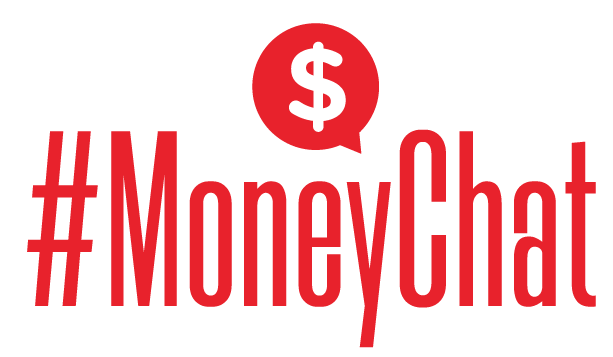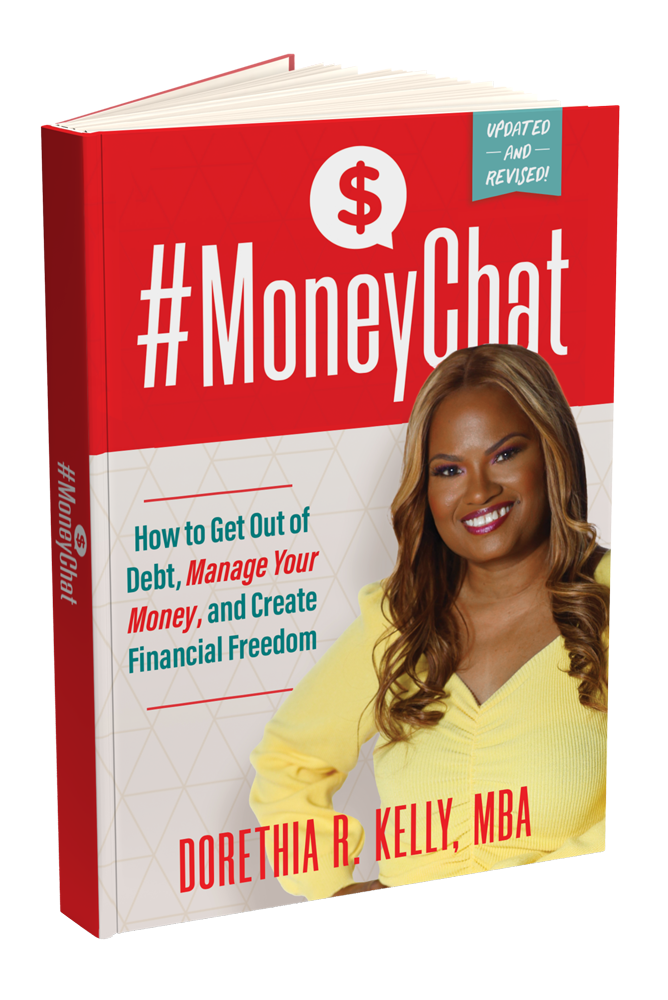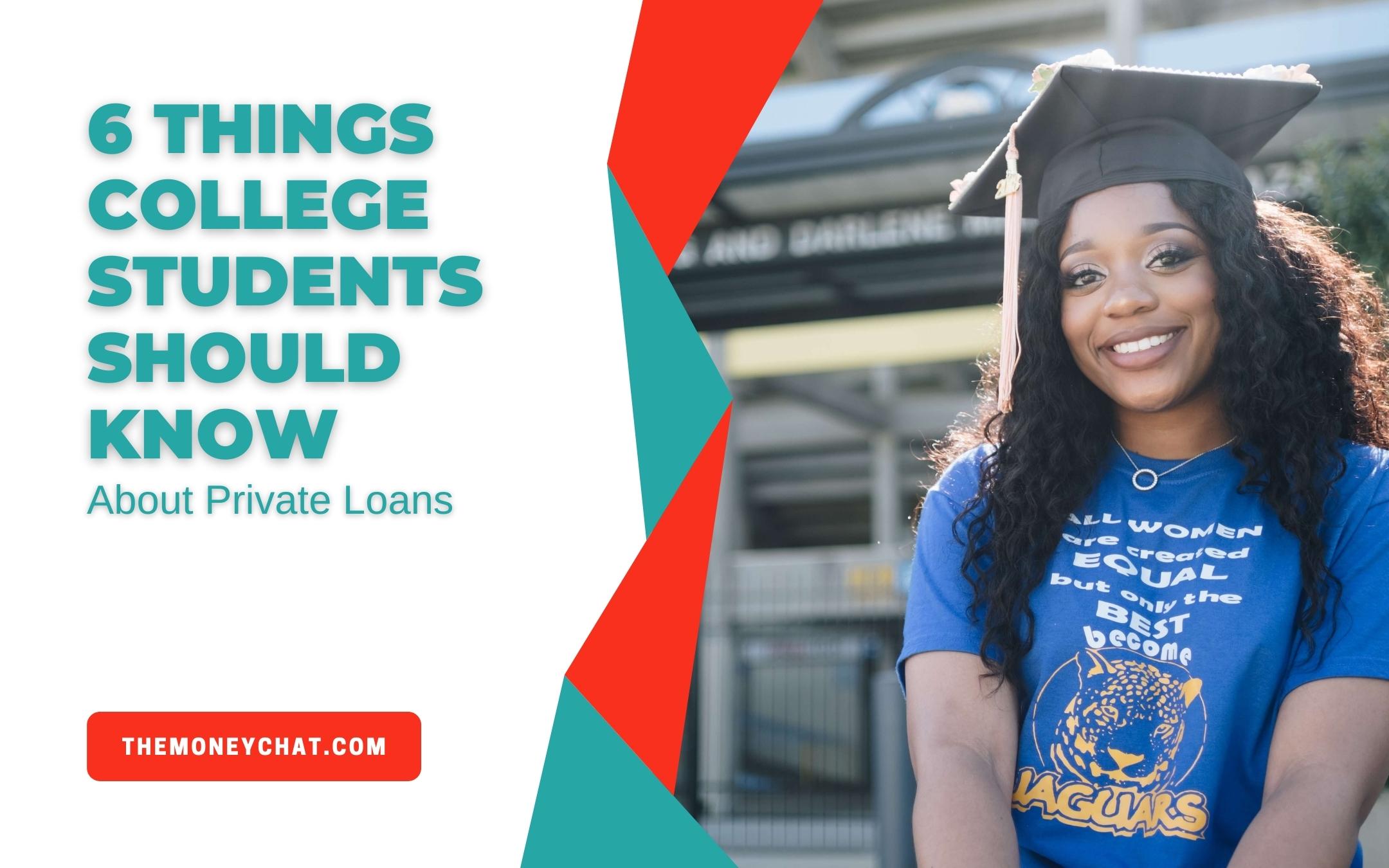As college tuition rates increase each year, students are pressured to take out student loans.
Private loan balances are on the rise but most students have the option to take out federal student loans as well.
Federal student loans are the lesser evil in my opinion, but there are specific loan limits in place you may need to consider private loans if you need more money.
Student loans can be difficult to understand. However, there are tons of government aid sites and information online about federal loans.
Private loans tend to get the short end of the stick which leads to many myths and misconceptions.
If you’re considering taking out private loans or already have some loans, here are some things you should know about private loans.
1. There Are Many Different Lenders
If you have a federal student loan, the government lends those funds. With private loans, however, there’s a wide variety of lenders. Private student loans are funded by banks, credit unions, and other lenders.
You have more options with private loans and you can borrow more than you’d be able to get with a federal student loan. This could work in your favor because you can shop around to see which lender would be best for you.
2. High Borrowing Limits
Private student loans often have an annual limit equal to the cost of attendance minus other financial aid. According to
Edvisors, most private student loans have aggregate loan limits of $75,000 to $120,000 for undergraduate students.
That said, you don’t want to over borrow just because you have the option. If you’re going for an expensive degree program, be sure to explore other funding options and a school that fits your budget. Then, borrow just enough if you’re going to take out private student loans.
3. More Qualifications
Private loans have stricter requirements than federal student loans. Private loans are issued based on your credit history and debt-to-income ratio. This makes it difficult for some students who don’t have any credit or have a negative history.
On a positive note, you can get a cosigner if a parent, relative or family friend can use their credit to help you obtain the loan.
According to Consumer Financial Protection’s Bureau report, 90% of private loan borrowers who didn’t have a cosigner had their applications denied.
If you’re going to use a cosigner, make sure they understand the terms of the loan as well as you do. If you are unable to make timely loan payments, your cosigner will be responsible for the debt. Check to see if you can remove the cosigner from your loan in the future when you graduate and land a job. That way, your cosigner isn’t on the hook for the whole repayment term.
4. Variable Interest Rates
When you apply for private loans, your interest rate can vary and may not rely on the standard market rate at the time. Federal student loans often have fixed interest rates which can be reassuring.
With private loans, your rate will depend on your credit score, income, and credit history along with the lender’s terms. Having good credit can result in your getting a lower interest rate but since it’s subject to change, it can go up causing your loan payments to go up as well.
On the bright side, you can always refinance to get a lower interest rate but you’ll need to have good credit to make it worthwhile.
5. Limited Repayment Options
Federal loans offer a variety of repayment and relief options. You can pay based on your income after college, put your payments on hold with forbearance or deferment, or even qualify for student loan forgiveness.
Unfortunately, these relief options don’t exist for private student loan borrowers. Whether you can find a job or not after college, you’ll be expected to make payments on your loans according to the terms of the initial agreement.
You can’t discharge private student loans in bankruptcy or even in death.
If you’re struggling to pay back your private loans, your best bet is to refinance them and get a lower interest rate. Remember, there are tons of private lenders and each lender is different. Your lender may have other relief options available but you’ll need to ask to confirm. It would be wise to ask in advance before you take out the loans or while you’re still in school.
6. You Will Still Be Charged Interest While in School
Private loans start accruing interest the moment you receive your loans funds. Over time, the interest will grow and can capitalize once you graduate and finish your 6-month grace period.
If you’re worried about having more debt than you borrowed once you graduate, you can make payments on the interest only while you’re in school.
Summary
Private student loans can be tricky to figure out. The key is to understand how they work and what the terms are. If you do qualify for federal loans, you’ll want to try that first due to the flexible repayment options and relief programs. If you’re going to take out private loans, you’ll want to make sure your credit is solid. Take time to improve your credit before you apply even if you’re planning on using a cosigner.
Have you ever taken out private loans? Do you think it was tricky to understand how private loans work?












0 Comments